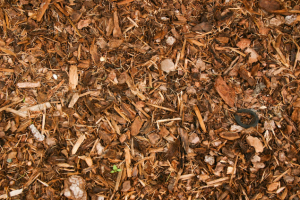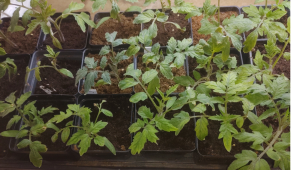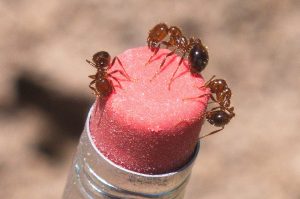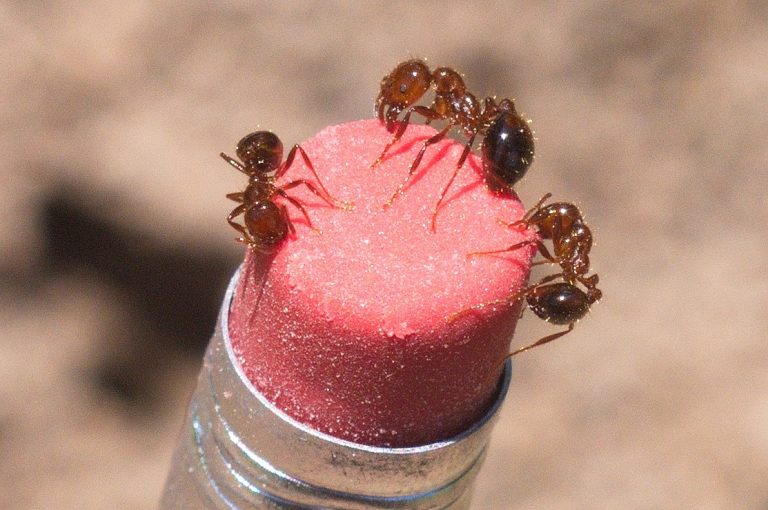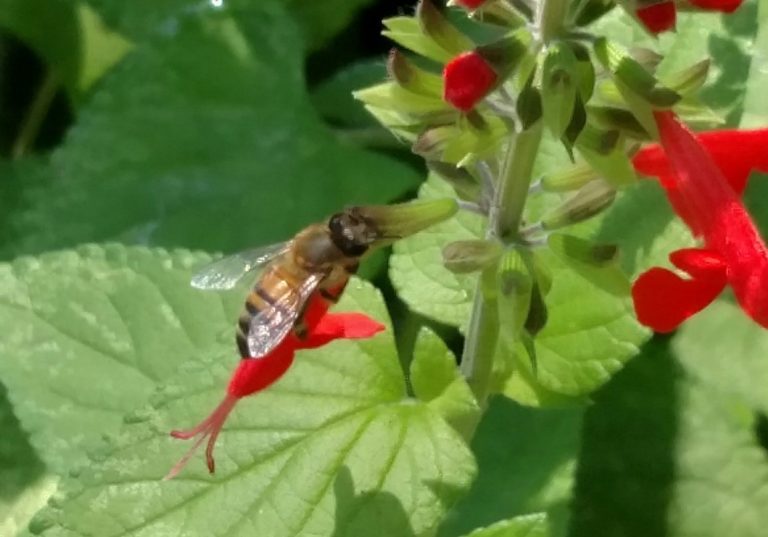Your lawn loves low nitrogen (N), low phosphorus (P), and low potassium (K) fertilizer. It also likes organic fertilizer or urea-based fertilizers, not nitrate-based fertilizers. Why? Well, let’s look at the nature of lawns, especially warm-season grasses like St. Augustine, Bermuda, and Zoysia
These grasses prefer slightly acidic soil or a 6.0 to 7.0 on the pH scale. When soil becomes too alkaline (chemists call this “base”), all sorts of things start to happen. The grass roots weaken, and each plant becomes more susceptible to disease and infection. And that’s how your lawn speaks to you if you use the wrong fertilizer. So how do you find out what’s the pH of your lawn? It’s simple. Get a soil test done. It’s inexpensive (a basic soil test costs about $15) and reliable.
Almost all, if not all, of the land grant colleges, have soil testing laboratories. All you need to do is print out a form from their website, take a sample of your soil and send it to them. You’ll get a full report back in about two weeks.
If you’re not too familiar with soil science, you may want to check with your county or parish extension agent, who can interpret it for you. It’s a heck of a lot less expensive than having lawn diseases and lawn pests decimate your lawn, and then you have to spend money to repair the damage.
Here are web addresses for each of the state agricultural universities along the Gulf Coast:
Louisiana State University Soil Testing and Plant Analysis Lab
Mississippi State University Soil Testing
Texas A&M Soil, Water, and Forage Testing Lab








